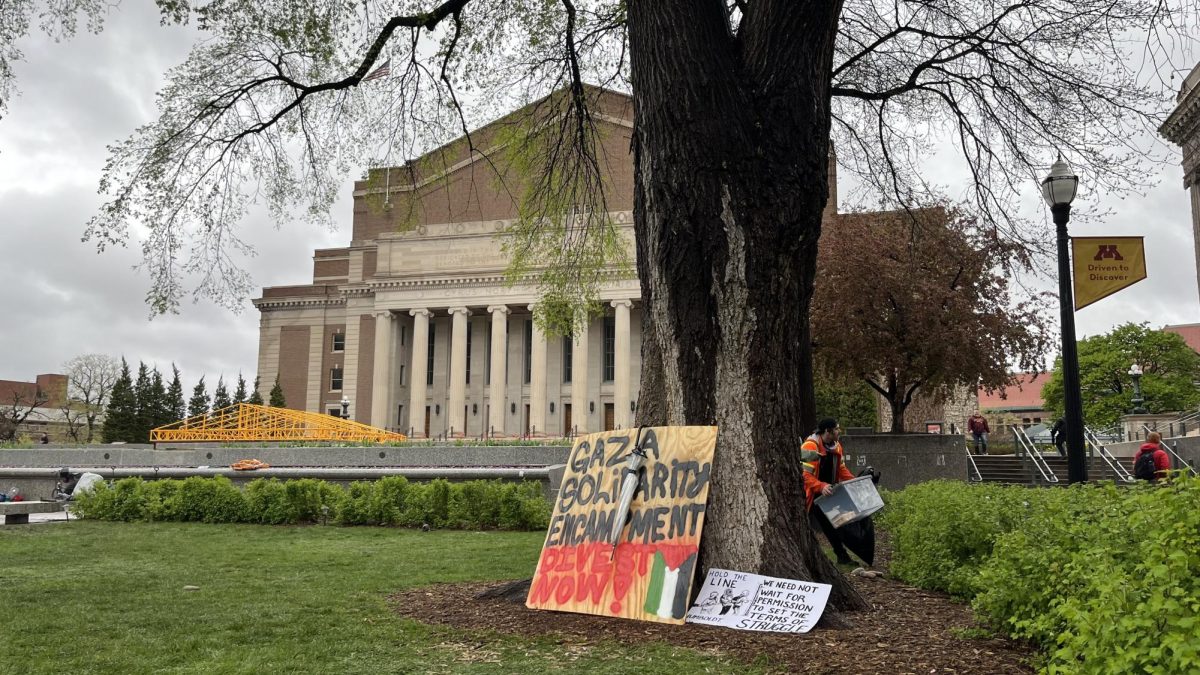Liberal arts education, as Fareed Zakaria, author of In Defense of a Liberal Education, defines it, is learning how to write and speak well, how to think with reason and evidence and how to learn through trial and error.
Zakaria is a living example of the power of liberal arts education.
Born and raised in India in a Muslim family, Zakaria immigrated to the United States to pursue his higher education, which culminated with a BA from Yale University, after which he obtained a PhD in government from Harvard University. After finishing his educational itinerary, Zakaria became a CNN host and a bestselling author.
How could an Indian kid rise to the highest echelon of American education and industry?
Zakaria attributed his success to his initiation into the tradition of liberal arts education, of reason and evidence, of learning through trial and error and of embracing the American can-do spirit and self-reliant philosophy. These philosophies –– which were posited by the American philosopher Ralph Waldo Emerson in his influential and famous essay, Self-Reliance—on individualism –– run rampant in the United States.
Although the advantages of liberal arts education is crystal clear, it has recently been subject to numerous attacks in U.S. higher education institutions. Michael Roth, historian who was trained with a PhD from Princeton University and who serves as current President of Wesleyan University, published three essential books on liberal arts education at American universities.
In his The Student: A Short History, Roth made the argument students fall into three categories — follower, disciple and interlocutor — and the American university caters to the interlocutor students, all predicated on the Socratic method. Thus, students who were formed and educated as followers, which is quite popular in Asian schools –– like Zakaria in India, may struggle to acclimate to the interlocutor role. Liberal arts education encourages students to question the tradition, because that is how knowledge is advanced: using reason and evidence.
In Safe Enough Spaces: A Pragmatist’s Approach to Inclusion, Free Speech, and Political Correctness on College Campuses, Roth made another argument that the interlocutor student does not need a safe enough space but rather a common space in which all ideas are discussed and debated.
Nonetheless, as Roth documented using empirical studies, so many students on campus are avoiding the interrogation of ideas under the guise of needing to have a safe space. What has happened at Hamline University is a poignant example, where the administration fired a white professor for showing images of the prophet of Mohammed, because Muslim students complained about showing caricatures of prophet Mohammed, peace be upon him.
Yet as a Muslim myself, I am not offended. Indeed, as I detailed in a StarTribune editorial, I came to the United States for education, not indoctrination — for a common space, not a safe space.
In Beyond the University: Why Liberal Education Matters, Roth marshaled a preponderance of evidence showing liberal education matters not just inside the American university but also outside of it.
I would add liberal education matters not just as a way of profession for students to gain better jobs (an important goal in its own rights) but that liberal education matters because it is a way of life, of deploying reason and evidence to ascertain the veracity of truths, of subjecting all wisdom –– whether perceived or imagined –– to the litmus test of reason and evidence. Zakaria and Roth showed liberal arts graduates are earning better wages and leading more fulfilling lives than those in the trades of engineering and the sciences.
Here at the University of Minnesota, while pursuing my Doctor of Philosophy, I was fortunate and privileged to take some liberal arts courses with Professor Kim Todd, from whom I learned the art and craft of good writing, on her course titled ENGW 8130 Seminar: Writing of Literary Nonfiction. Professor Todd has been an excellent teacher who provides copious feedback on the writing of students because she truly cares about their learning.
Even after I have finished the class, I remained connected with Todd, who continued to provide feedback on my essays and articles, which I consistently submit for publication. It is indeed in Todd’s class that I developed most of my articles that appeared in Psychology Today, where I am a contributing author, and where I have thus far published about 50 articles.
I strongly believe all University undergraduate and graduate students would benefit by taking writing courses with Todd, who is downright indefatigable in her evolving writing scholarship.
In Spring 2024 semester, Professor Todd is teaching a new course, titled ENGW 8130: Nonfiction as Witness Seminar — in which students “will read memoirs, essays, literary journalism and documentary plays that report on events observed from varying distances by nonfiction narrators and write our own pieces that wrestle with the act of witnessing.”
Abdulrahman M. Bindamnan, M.S.Ed., is pursuing his Ph.D. at the University of Minnesota.














